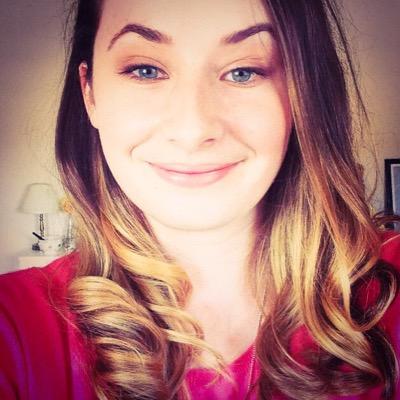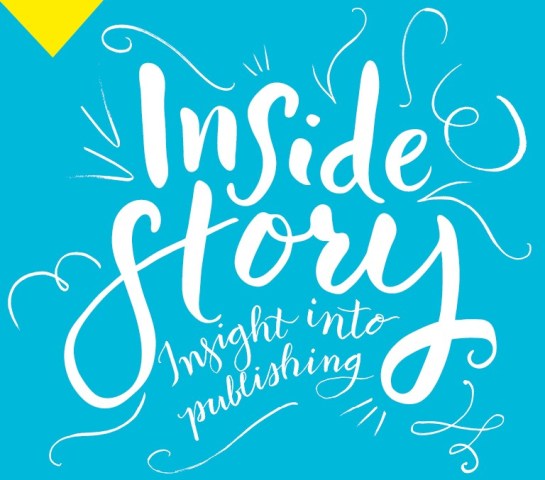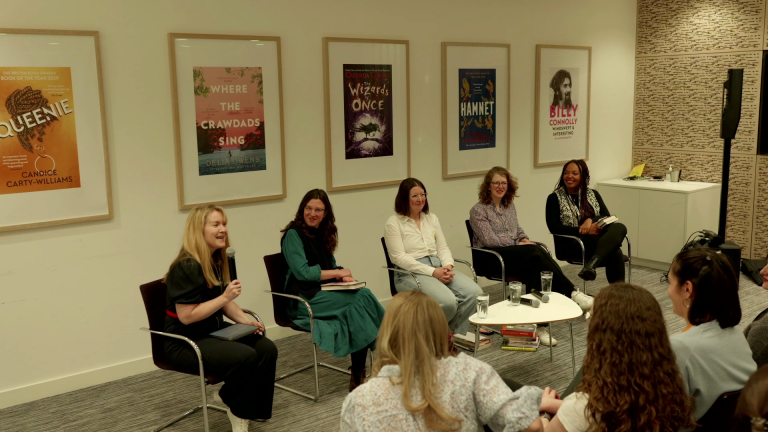The future of audiobooks

The future of audiobooks with Paul Stark
This week we sat down with Paul Stark, Senior Audio Manager at the Orion Publishing Group, to discuss all things audio. Paul has over 15 years of experience and is sharing his insights into the audio industry – let’s dive in!
First of all, how do you go about creating an audiobook?
The audio team is involved at the very beginning of the publishing process; most people think the audio team only gets involved when the book has already gone through the publishing process and is ready to print, but that’s not true. We work with the publishing team to determine whether the book lends itself to the audio format. We then stay in touch with the editors throughout the publishing process to get updates on how the book is coming along.
Once the text is ready, we will assign a studio (for the book to be recorded in) and produce a casting brief. The casting brief details the type of person needed to read the book; this is a really significant part of the process. Once we’ve decided on the casting brief, it’s time to find a reader who matches the brief. When we know who the reader is, they’ll have about one week before we begin production to familiarise themselves with the text. They’ll also liaise with the author and editorial team on anything they may find tricky, like pronunciations of names or places. It takes the reader around 3-5 days to record the audiobook. The recording is then sent to a Sound Editor, whose job is to make sure it sounds smooth; for example, [they’ll make sure] you can’t hear heavy breathing or pages turning. The recording might then go back to the reader for any retakes.
The final stage is having a Check Listener listen to the recording; a Check Listener is like a proofreader who uses their ears, so they’ll make sure everything is pronounced right. They are essentially the final quality measure. Once all people involved are happy with the recording, we will then distribute it roughly three weeks before the publication date.
You mentioned there are some genres that better lend themselves to an audio format – what are they and why?
Genres that work really well are:
- Celebrity autobiographies or memoirs
- Self-help and personal development books
- Crime and thriller
- Science fiction and fantasy
It may sound obvious, but some genres don’t work for audio. Books that are more picture heavy and require people to follow instructions aren’t a great fit (cookery books and photography/photojournalism being the clearest examples).
When coming up with a casting brief and deciding on a reader, what are some things you are looking for?
It all comes down to experience. Someone with microphone/voice-over experience and the ability to diversify their voice to create lots of different characters is key. There’s only a finite amount of time to record the book, so it’s important that someone can hit the ground running. Some books, especially sci-fi and fantasy, could have up to 30 characters, so the reader has to create different voices for each of them without going into stereotypes or caricatures. The listener has to be able to tell the difference between Crabbe and Goyle characters from Harry Potter, for example, but they can’t be too exaggerated, otherwise, it could negatively impact the way the listeners enjoy the book.
The audiobook market has exploded recently. Why do you think this is?
I think there are several factors; the more the market grows, the more variety there is in the type of books that make it to the audio format. There are way more digital retailers than ever before, meaning more choice and accessibility. Another thing to think about is the type of tech we have and how much it can store; audiobooks are typically 8-12 hours long and until fairly recently, our devices didn’t have enough storage to hold an audiobook.
We have found that more people are talking about audiobooks and podcasts, so friends recommending other friends means that more people are joining the world of audio. Word of mouth has been a great advertiser. People have been recommending each other books for ages, and this is still a book, just in a different format, and sometimes it takes someone you know recommending it to you to convert you. I think people are beginning to think of an audiobook as a slow TV experience.
Who is listening to audiobooks? What are the demographics like?
Interestingly, they are pretty even; we find it’s 50/50 male and female. Audiobook buyers are younger than the average book-buying audience, with the most audiobooks sold to people aged 20-35. One reason could be that the younger audience is more tech aware, so they are more likely to reach for digital books/audiobooks. We used to find that the biggest audience for audiobooks was in metropolitan areas, so big cities, but that’s no longer the case.
Are there two different audiences for podcasts and audiobooks?
Yes and no. Many people that listen to podcasts will listen to audiobooks too, and the overlap is definitely growing. Many podcast listeners have favourite podcasts for certain things; many listen to a 20-minute podcast on the daily news. Others will listen because they like the host and community (think about parenting podcasts). It’s also about lifestyle: some people might not have much free time, while others will have more. Busy parents might opt for a 20-30 minute podcast over a longer audiobook – the great thing about both is that you can listen to either while doing something else, like tidying the house or driving.
It seems like everybody either has their own podcast or listens to one, what do you think are the main differences between podcasts and audiobooks?
The main difference between audiobooks and podcasts is that an audiobook is more of a premium product; listeners have to pay for audiobooks, whereas podcasts are often free. The audiobook industry has a much higher production value; choosing the right production company/ sound studio is integral to the production process. It can make or break the popularity of the audiobook; podcasts don’t have to reach the same bar when it comes to production value.
When I was starting in the audio industry, a great piece of advice I heard was ‘the key to a great audiobook is that the listener can’t work out where it was recorded’ – I think this holds true. On the other hand, background noise, mistakes and mispronunciations in podcasting can add to the enjoyment of a podcast. It makes hosts more human and can make for a funny aside/ongoing joke.
Finally, how do you see the audio industry changing in the next 5 years?
This may seem like a short answer, but more of everything! It’s a really exciting time to join the industry, it’s growing at a really fast pace with loads of titles being put forward. I also think there is room for new formats, like shorter books with smaller shelf lives which would bridge the gap between a podcast and an audiobook.
I think the next five years sounds like new voices and different stories, and I think the industry will be broader, wider and richer for it.
Thank you for reading
Want to hear more from Paul Stark and learn even more about the audiobook process? Why not sign up to Hachette and Springpod’s Business of Publishing virtual work experience programme where you can take part in a casting exercise with Paul himself!





